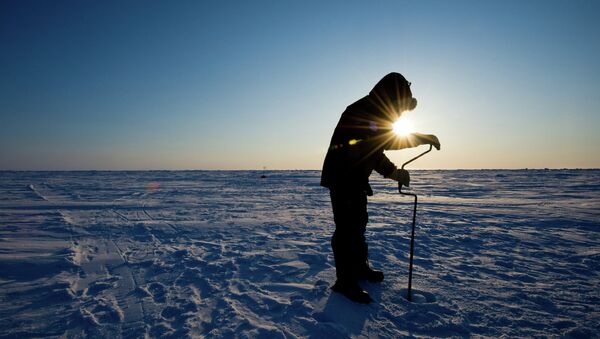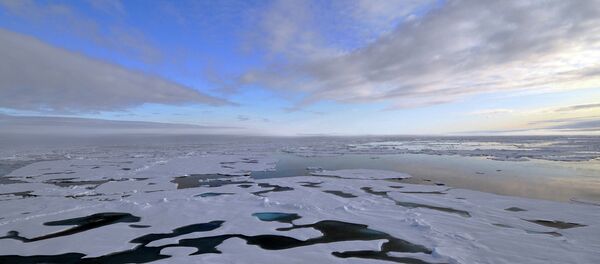ANCHORAGE, (Sputnik) — Williams also stressed that in May, at the Conference in Iqaluit where Canada passed the torch of Arctic Council Chairmanship to America, "every single country, every single observer, every single permanent participant" spoke about the need for the Arctic to remain a place of cooperation.
"Of course, unfortunately, because of world event, tensions between Europe and Russia have increased. However, the Arctic has always been a place of cooperation, and we need to ensure it will remain that way," Williams said.
"That was really a very strong signal that everyone wants to continue to work with Russia," she underlined.
Williams noted that the joint work between Russia and WWF has been unaffected by the downturn in the US-Russia relations.
"WWF in Russia is a Russian organization. It’s entirely staffed by Russians and we have a Russian board of directors. And we have the same in the United States. We are very scientific, and work constructively with both of our governments," she explained.
The Arctic shelf is believed to hold enormous deposits of oil and natural gas. Russia has been laying claims to these areas within its offshore border areas, along with the four other Arctic nations – the United States, Canada, Norway and Denmark. Russia has the most advanced presence in the region, as well as the world’s largest icebreaker fleet.


